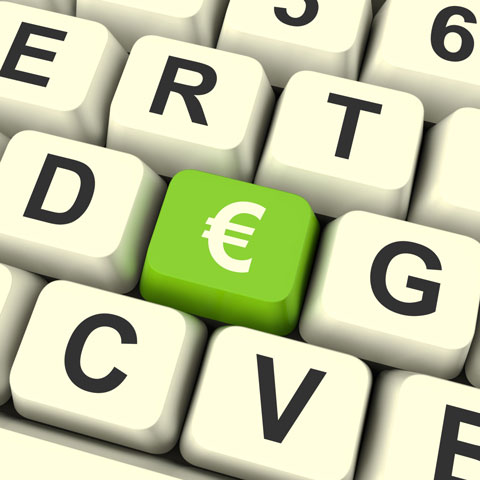The European Central Bank (ECB) delivered on its promise. While it kept interest rates unchanged – repo rate at 0%; deposit facility rate at -0.4%; marginal lending facility rate at 0.25% – at its December 13 Governing Council meeting, it also confirmed that its €2.6 trillion asset purchase programme (APP) will be no more by the end of December this year.

At the same time, “…the Governing Council intends to continue reinvesting, in full, the principal payments from maturing securities purchased under the APP for an extended period of time past the date when it starts raising the key ECB interest rates, and in any case for as long as necessary to maintain favourable liquidity conditions and an ample degree of monetary accommodation.”
Flashback – that “date when it starts raising the key ECB interest rates” is speculated to be sometime during the late summer of 2019 or “before the last leaf of autumn touched the ground, touched the ground.” (The Cascades).
To be sure, the ECB has boxed itself into a corner. Reneging on its forward guidance to end APP would only confirm financial markets’ concern over the increasing momentum of the slowdown in the region’s economy.
Although the ECB is aware that “uncertainties related to geopolitical factors, the threat of protectionism, vulnerabilities in emerging markets and financial market volatility remain prominent,” it’s optimistic that “the underlying strength of domestic demand continues to underpin the euro area expansion and gradually rising inflation pressures.”
Certainly, optimism is a given for any central banker. Has anyone ever heard a central banker declare, “the sky is falling” or utter Glum’s (of Gulliver’s Travels fame) “we’re doomed, we’ll never make it”? Even ex-Fed chief Ben Bernanke was oozing optimism months (or was it weeks?) before the global financial crisis hit.
I apologise, I may have gone overboard with that simile but the ECB staff’s downward revision to its macroeconomic projections raised a question mark.
The ECB staff lowered its GDP growth forecasts to 1.9% (from 2.0% predicted in September) this year and 1.7% this year and in 2020 (from 1.8% and 1.7%, respectively).
That’s still cool. But if the slowdown in the region’s three biggest economies persists – Germany and Italy are just a quarter away from a technical recession and France’s year-on-year GDP growth have trended lower from 2.8% in the December 2017 quarter to 1.4% in the September 2018 quarter – the risk to growth is on the downside.
Not only this, the ECB staff also revised lower their inflation forecasts for the coming year – HICP inflation at 1.6% in 2019; ex- energy at 1.5%; ex- energy and food at 1.4%; ex- energy, food and changes in indirect taxes at 1.4%. Not only that, all these measures of inflation aren’t expected to reach the ECB’s 2.0% target three years from now – all are forecast to reach 1.8% by 2021.
Still, 2020 or 2021 is still a long way away. Even next year could bring upside or downside surprises – just as the sharp slowdown in euro area GDP growth from a peak of 2.8% in the year to the September 2017 quarter to just 1.6% a year after surprised most.
